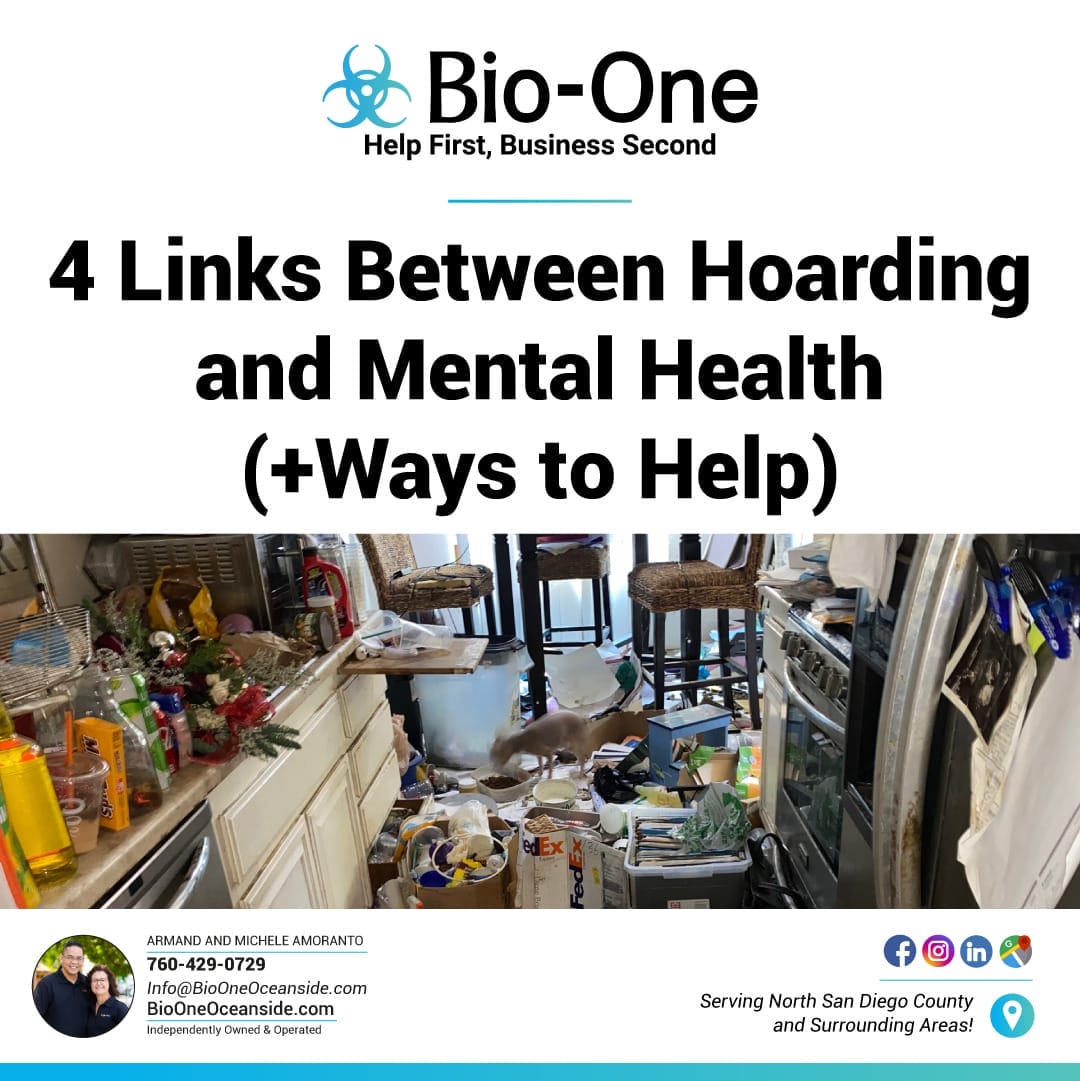
Hoarding affects millions of people worldwide, from all walks of life. It's a condition where individuals feel the need to accumulate and save things, even if they hold little to no value. Unfortunately, many individuals who struggle with hoarding may also experience other mental health conditions that exacerbate their symptoms. In this post, we’ll explore four links between hoarding and mental health, and offer some ways to help someone who is struggling.
Disclaimer: The information provided in this post is intended to create awareness about the relationship between hoarding and mental health. It is not intended as professional medical or psychological advice. We are not mental health professionals. If you, a family member, or a friend are struggling with hoarding or any other mental health condition, we strongly recommend seeking professional help.
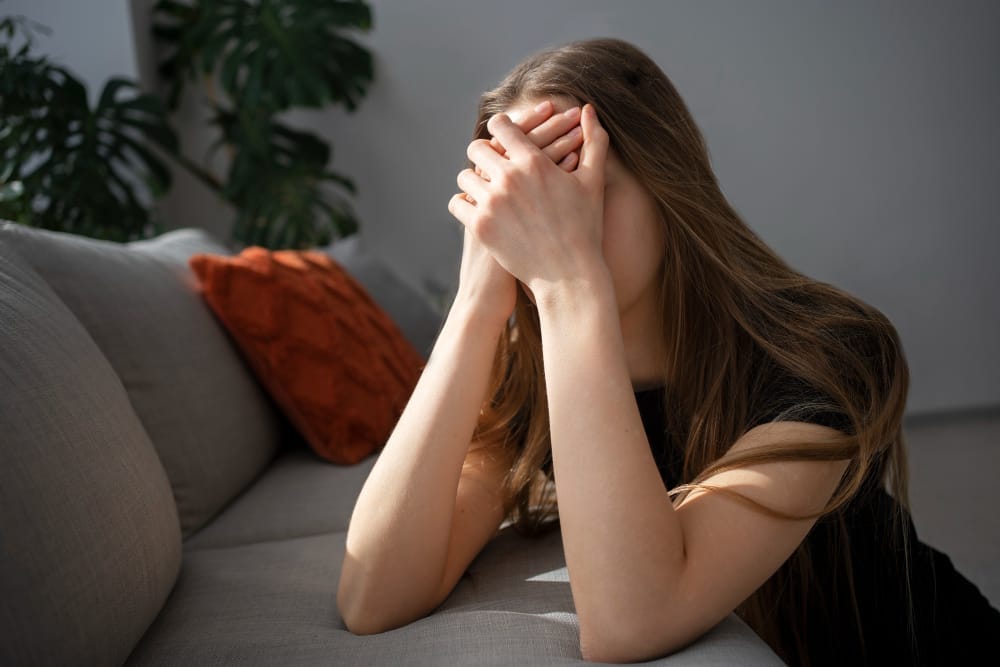
Hoarding and Depression or Anxiety
Hoarding is often related to depression and anxiety disorders. People who struggle with hoarding may experience anxiety when faced with the prospect of throwing away their possessions, leading to greater feelings of sadness and hopelessness. In many cases, these individuals may also suffer from depression, which can further exacerbate their symptoms.
If you suspect that a loved one is struggling with depression or anxiety in addition to their Hoarding Disorder, a mental health professional can offer them effective treatment options and provide the support they need to heal.
Hoarding and Obsessive-compulsive Disorder
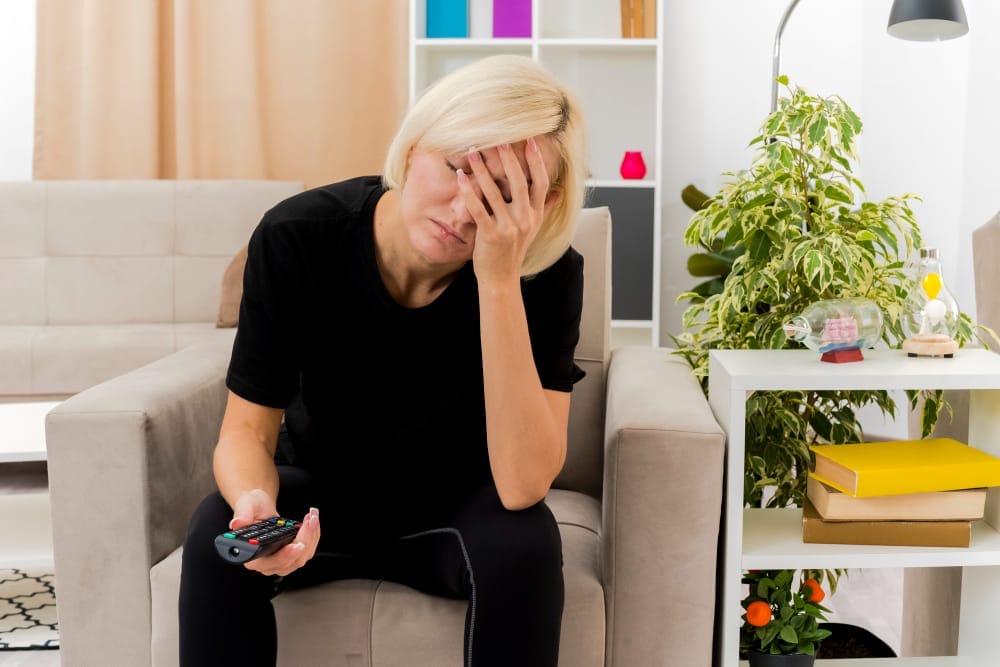
Hoarding Disorder is sometimes linked to obsessive-compulsive Disorder or OCD. People with OCD experience frequent and intense impulses to perform certain compulsive behaviors, such as washing their hands, organizing their possessions, or checking doors and windows. In some cases, hoarding may be a manifestation of these compulsive impulses.
If a loved one is struggling with OCD and hoarding, there are ways to connect and treat these conditions. Techniques such as cognitive-behavioral therapy (CBT) and Exposure and Response Prevention (ERP) can help break the cycle of obsessions and compulsions and ease the symptoms of hoarding behaviors.
Hoarding and Attention-deficit/hyperactivity Disorder
Attention-deficit/hyperactivity disorder (ADHD) is another mental health condition that is sometimes linked to hoarding. People with ADHD often struggle with executive functioning skills such as time management, organizing, and decision-making. These challenges can make it difficult for them to maintain an organized living environment, leading to feelings of overwhelm and an increased likelihood of hoarding.
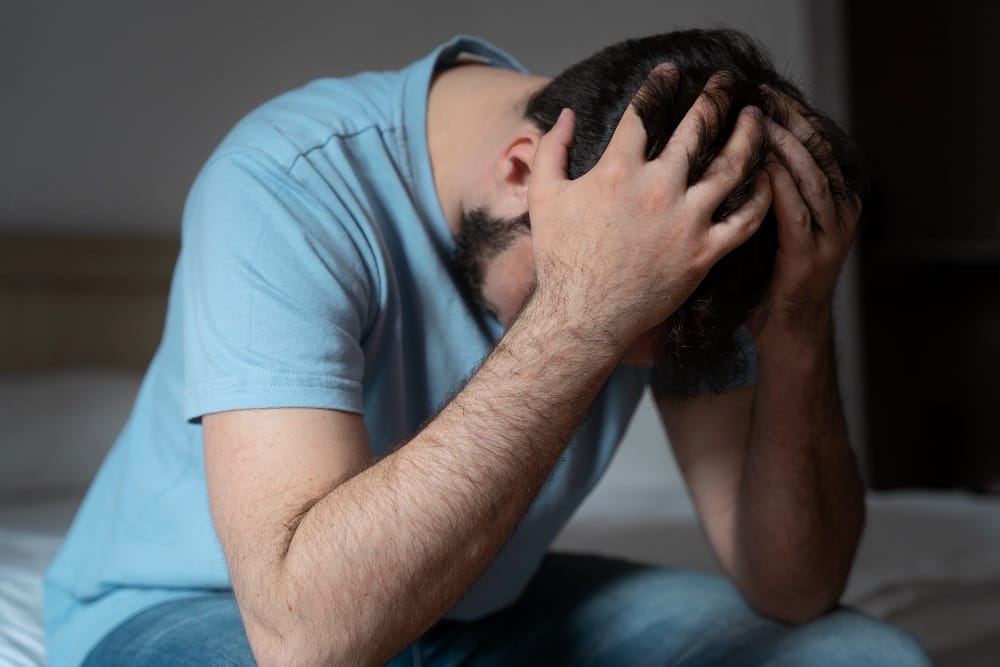
If a loved one is struggling with ADHD and hoarding, consider working with a professional organizer who has experience working with people with ADHD. They can help your loved one develop the skills they need to organize their possessions and maintain a clutter-free living space.
Hoarding and Trauma and Post-traumatic Stress Disorder
Hoarding is sometimes linked to trauma and post-traumatic stress disorder (PTSD). People who have experienced trauma may struggle to let go of possessions that hold emotional significance, leading to an accumulation of clutter over time. For individuals with PTSD, hoarding may be a coping mechanism for dealing with feelings of anxiety and emotional distress.
If a loved one is struggling with trauma, therapy and medication can be effective in managing symptoms of PTSD, which can help your loved one feel more in control of their hoarding tendencies.
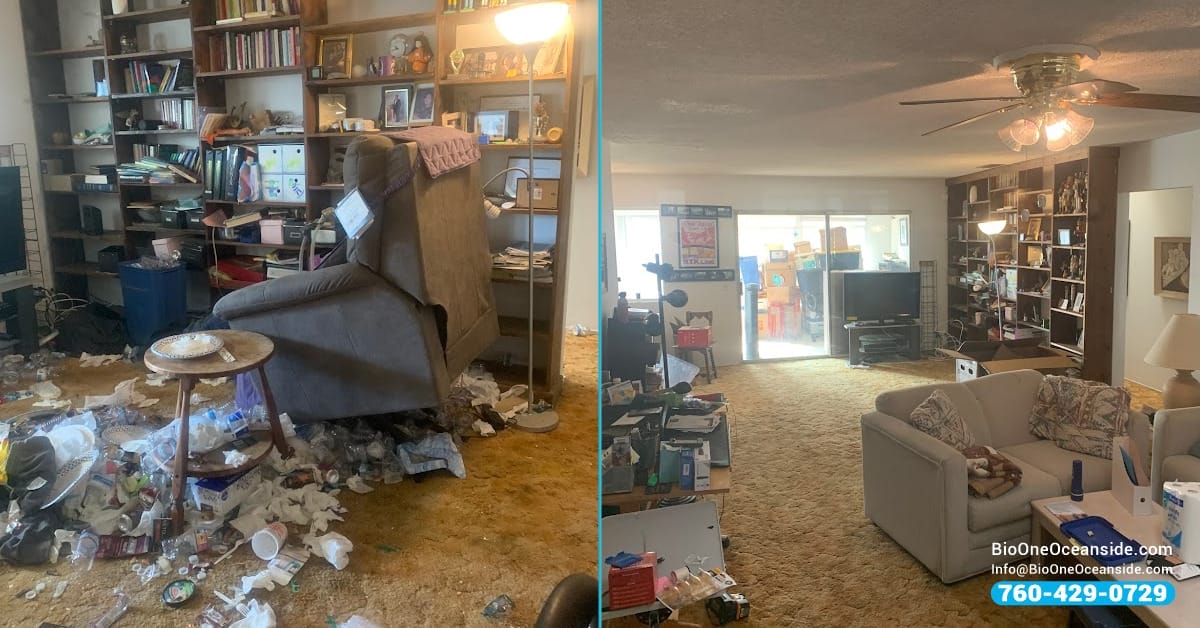
How Bio-One of Oceanside Can Help
Hoarding can be a challenging condition to manage, but there are ways to help someone who is struggling. By understanding the links between hoarding and other mental health conditions, you can choose the most effective treatment approaches and provide the support your loved one needs to heal.
Remember to approach the issue with compassion and empathy, and encourage your loved one to seek help from a mental health professional experienced in treating hoarding. Additionally, Bio-One of Oceanside offers discreet hoarding cleanup services. Don't hesitate to reach out to us for support in helping your loved one on their journey towards a clutter-free and healthy home.


